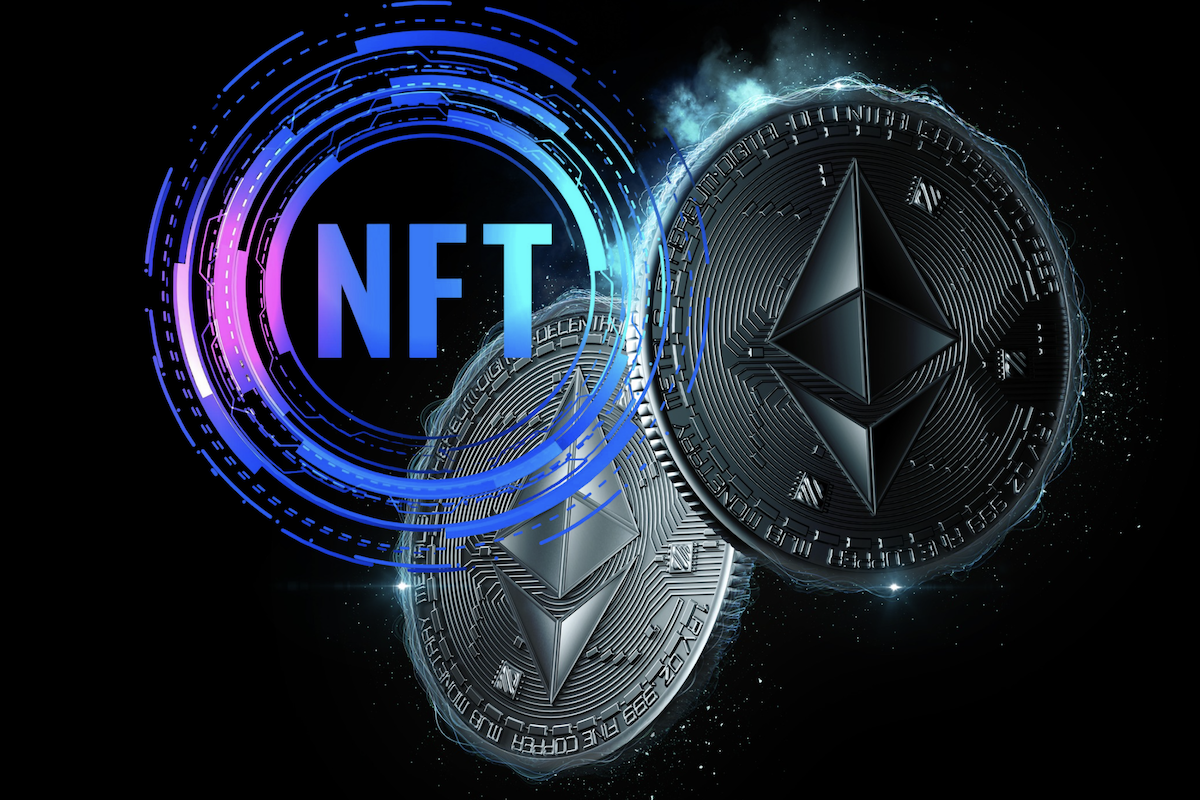Custodial vs. Non-custodial NFTs
Two options are at your disposal to store your NFTs securely. You can either delegate it to a third party or take the responsibility yourself.

To interact with blockchain networks, you need to have a crypto wallet. The primary function of a crypto wallet is to enable users to store, send and receive crypto assets like currencies and NFTs.
Wallets fulfill this function by storing the user’s private and public keys. Public keys represent the address of the wallet. As their name implies, they are shared with others to carry out transactions. Private keys, on the other hand, grant access to your funds. In other words, anyone who gets their hands on your private keys can also access your NFTs and cryptocurrencies. That’s why it’s critical to keep them safe.
How to secure your NFTs?
Two options are at your disposal to store your NFTs securely. You can either delegate it to a third party or take the responsibility yourself.
Third-party solutions manage the process via custodial wallets. If you opt for the second option, you use non-custodial wallets.
Custodial NFT wallets
These are typically provided by centralizedd crypto exchanges, such as Binance or Coinbase, which keep private keys on their servers. For example, if you buy an NFT from the Binance marketplace, it’s kept in a custodial wallet provided by Binance.
Storing NFTs in custodial wallets is straightforward. In most cases, it’s enough to sign up for the exchange. After that, all you need to do is to log in. If you forget your password, you can recover it by contacting customer support. This is a significant advantage in comparison to non-custodial wallets.
One of their pitfalls is the lack of anonymity. The sign-up verification process requires you to share personal documents, like your passport.
Moreover, you can’t control your private keys. Since a third-party service holds them, your NFTs will be secure only as long as the service is reliable.
Non-custodial NFT wallets
You have full control over private keys with non-custodial wallets. However, if you forget them, you can lose your assets forever. Since there’s no central authority to help you recover the keys, you must take precautions like saving them in a safe physical place.
Some wallets of this sort are only capable of holding cryptocurrencies. When picking a wallet, be sure that the wallet can also store NFTs. A preeminent non-custodial wallet that allows you to do this is Metamask which is available as a browser extension and mobile app. These types of wallets are also known as software wallets or hot wallets. They allow you to interact with the internet directly.
There are also non-custodial hardware (or cold) wallets. A popular example is Ledger. Hardware wallets store private keys on a physical device. They’re the most secure way to store NFTs since they remain offline until you want to transfer your asset. That’s why they’re most suitable if you plan to hold NFTs for the long haul.
Custodial and non-custodial NFT marketplaces
Some NFT marketplaces provide services using custodial wallets. As mentioned above, the Binance NFT marketplace works in this fashion. Another example is Niftygateway. When you make an offer to purchase an NFT in a custodial marketplace, it keeps your funds in custody until it’s confirmed that you bought the NFT.
In the case of a non-custodial NFT marketplace, there’s a direct connection between the buyer and the seller. The NFT is locked in a smart contract and stays in the seller’s wallet until the sale is confirmed. Some of the most well-known non-custodial NFT marketplaces are SuperRare, OpenSea, and KnownOrigin.
Final words
Custodial wallets are user-friendly but less secure. Their non-custodial counterparts are more secure but require figuring out the technical setup.
Choosing the right wallet also depends on the level of responsibility you’re willing to take as far as private key safekeeping is concerned.





